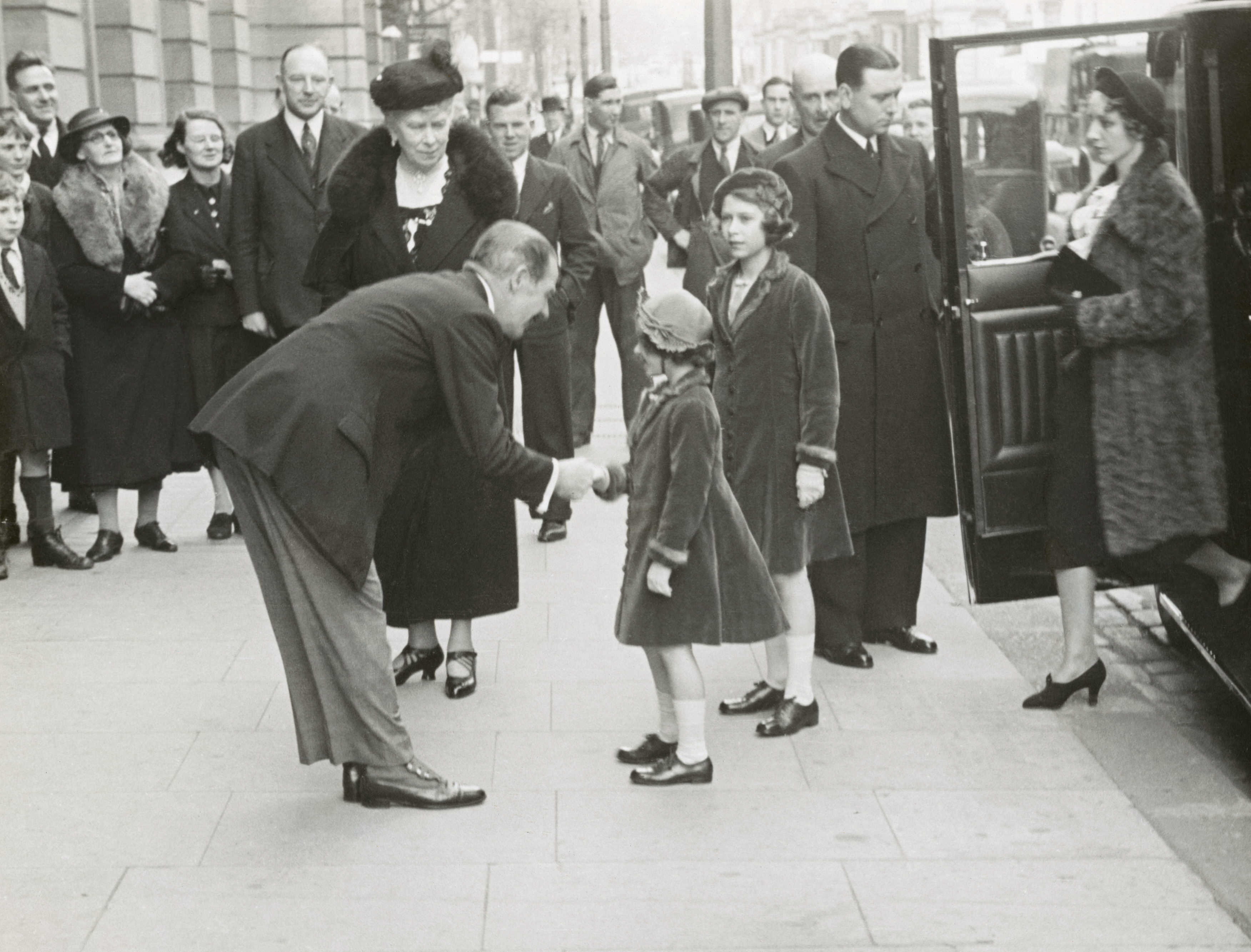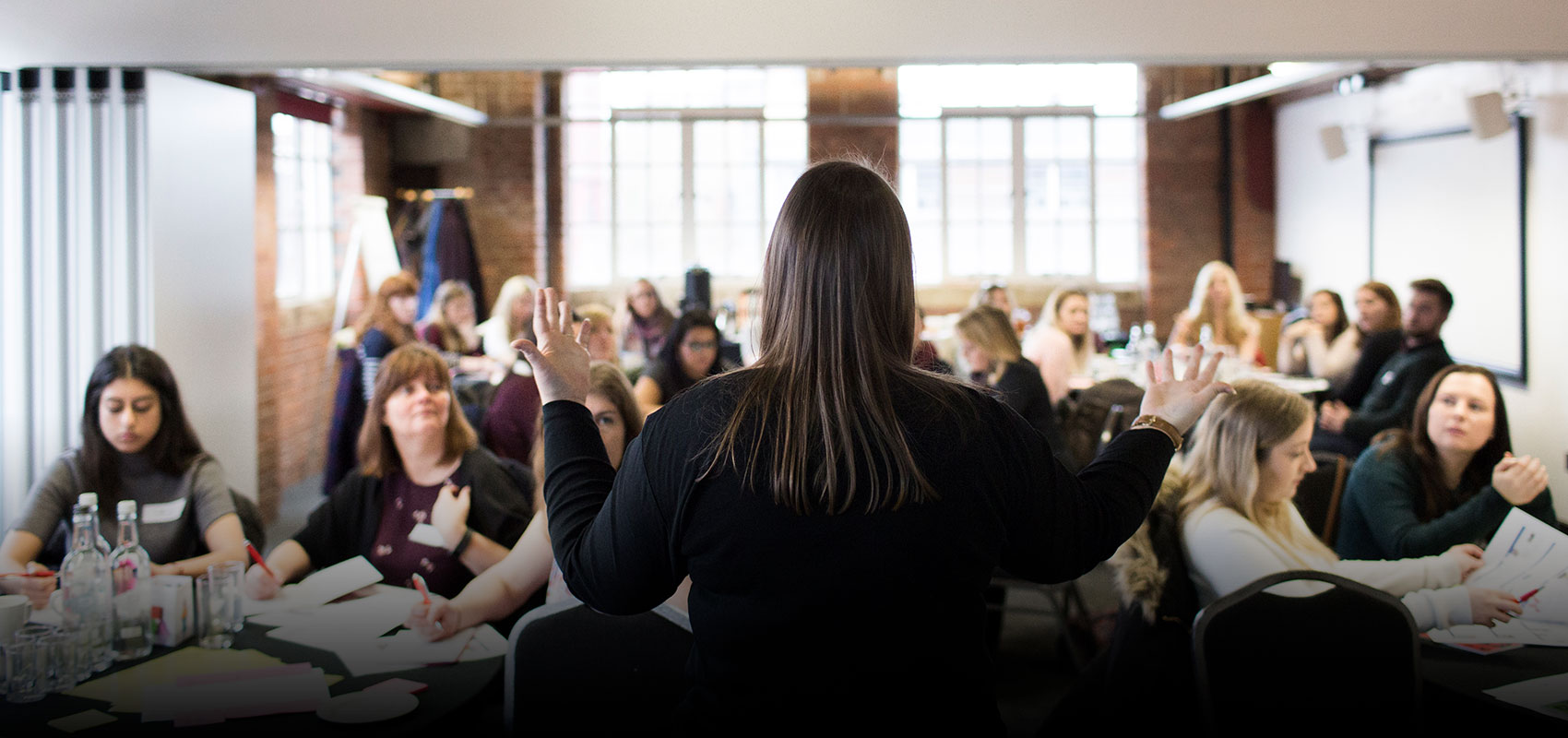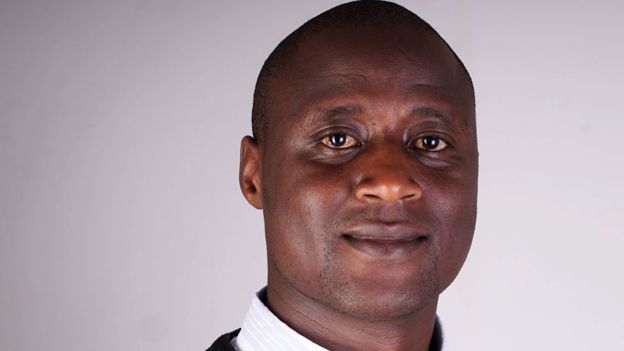When we set up the Academy, the UK’s first dedicated centre of excellence for informal STEM education, we believed that informal learning had the power to change the world.
‘A year later, we are pleased to report that the initiative has far exceeded our expectations,’ said Susan Raikes, group Director of Learning. ‘We wanted to give STEM practitioners of all kinds the tools to reach a bigger audience more effectively and, from what we have learned from the feedback, that’s precisely what has happened, with more people attending than we expected: almost 1400 teachers, museum and STEM professionals.’

The knock-on effects will already be substantial, given that the 344 primary teachers and 166 secondary teachers from the UK alone have the potential to reach more than 50,000 students, and that there were another 200 teachers from Italy and Hong Kong.
The participants gave us hugely encouraging feedback. One teacher declared their Academy course was ‘a wonderful way to get you out of the classroom, thinking about ways to engage and inspire learners.’ A second added: ‘It was one of the best courses I attended in 20 years of teaching.’
Another sign of its growing influence is that the Academy team has been invited to deliver keynote presentations at the Nordic Science Centre Association and the Spanish Science and Technology Museums and Centres annual conferences.
In its first year, the Academy team has tripled in size, with sites in the Science and Industry Museum, Manchester as well as in the Science Museum London, which led the way in informal learning in 1931 with its pioneering Children’s Gallery, where our youngest visitors – including Princess Elizabeth (now HM The Queen) and David Attenborough – could turn handles, press buttons and pull levers.

‘Today, the Science Museum is working as hard as ever to promote informal learning in concert with the four sister museums in our group, which are visited by more than 600,000 children each year in booked educational visits, and millions more visiting with their families’, said Susan Raikes.
To complement other excellent efforts in the educational ecosystem, the Academy works closely with the UK Association for Science and Discovery Centres, notably on the Science Capital in Practice project, Greater Manchester Combined Authority, STEM Learning, and others.
The Academy’s first courses were designed to help participants to make personal connections with science, both in school and in their everyday lives.
For example, one activity is called Powerful Questions, which encourages teachers to generate questions or statements that link students’ interests and experiences with science concepts. Many powerful examples emerged in the first crop of courses:
How would you save Love Island from flooding?
Computers make better grime music than Stormzy.
What would a T-Rex or an Apatosaurus order from McDonalds?
One teacher commented on how their Academy experience had been ‘supportive and not intimidating’, while another said how great it was that our resources use ‘everyday materials and equipment which made them cheap and easy to put into practice.’ Perhaps the most rewarding comment came from the teacher who remarked that the experience ‘reminded me why we teach children science.’

Beth Hawkins, Academy manager, added: ‘From 473 feedback forms received, 100% of participants rated the courses ‘very good’ or ‘good’, while teachers agreed or strongly agreed that the course was valuable for their professional development.’
At the Academy’s launch a year ago in the Science Museum, the serious purpose of the endeavour was underlined by Peter Mather, Group Regional President, Europe and Head of Country, UK, of BP, the Academy’s founding partner: ‘To equip the next generation with the right skills in science, technology, in engineering and in maths, they need to be exposed to the highest levels of teaching, of expertise, of enthusiasm for science.’

The work of the Academy rests on the sturdy foundations of an earlier programme, Enterprising Science – a five-year partnership between the Group, King’s College London, University College London, and BP that focused on science capital – a measure of how people’s relationship with science can be deepened through formal and informal experiences. Find out more about science capital here.

At the launch, the Government’s then Science Minister talked of the importance of creating ‘the Rosalind Franklins, Alan Turings and Stephen Hawkings of the future’ while Andria Zafirakou, 2018 Global Teacher Prize winner, told the VIPs and dignitaries present that she was ‘really impressed’ with the quality of the Academy’s resources.
One of those who has since attended the Academy is Peter Tabichi, the Kenyan teacher who was named the Varkey Foundation Global Teacher Prize 2019 at a ceremony in March hosted by actor, singer, and producer Hugh Jackman.

He took part in a session with UK teachers this month and remarked:
‘As a science teacher in Africa who firmly believes in STEM education as one of the most important tools for equipping future generations to tackle the great challenges of the world, we can only do this effectively by working together. I was delighted to spend quality time with the Science Museum Group Academy.
I enjoyed a great conversation and a truly constructive exchange of ideas with teachers and I think we all learned a lot from one another.
Museums, with their incredible treasure trove of historic artefacts and real-life working apparatus, have the power to enchant, entertain and inspire. When I visited the Science Museum, the home of British science, I was overcome by wonder at the scale and scope of the exhibits. What’s more, I could see the look of wonder in the eyes of so many children who were also touring the exhibits that day.’
Susan Raikes concluded: ‘Our interactive Wonderlab galleries in London and Bradford, our enthusiastic Explainers, our work with schools, festivals and our events exploring both historic and leading-edge science help keep us at the forefront of science education and communication. By constantly innovating, we are using the history, present, and future of science, technology, medicine, transport, and media to inspire the next generation, and to help build a scientifically literate society.’
Find out more about our hands-on, practical courses, training opportunities and programme of special events and seminars across our museums throughout the year.
